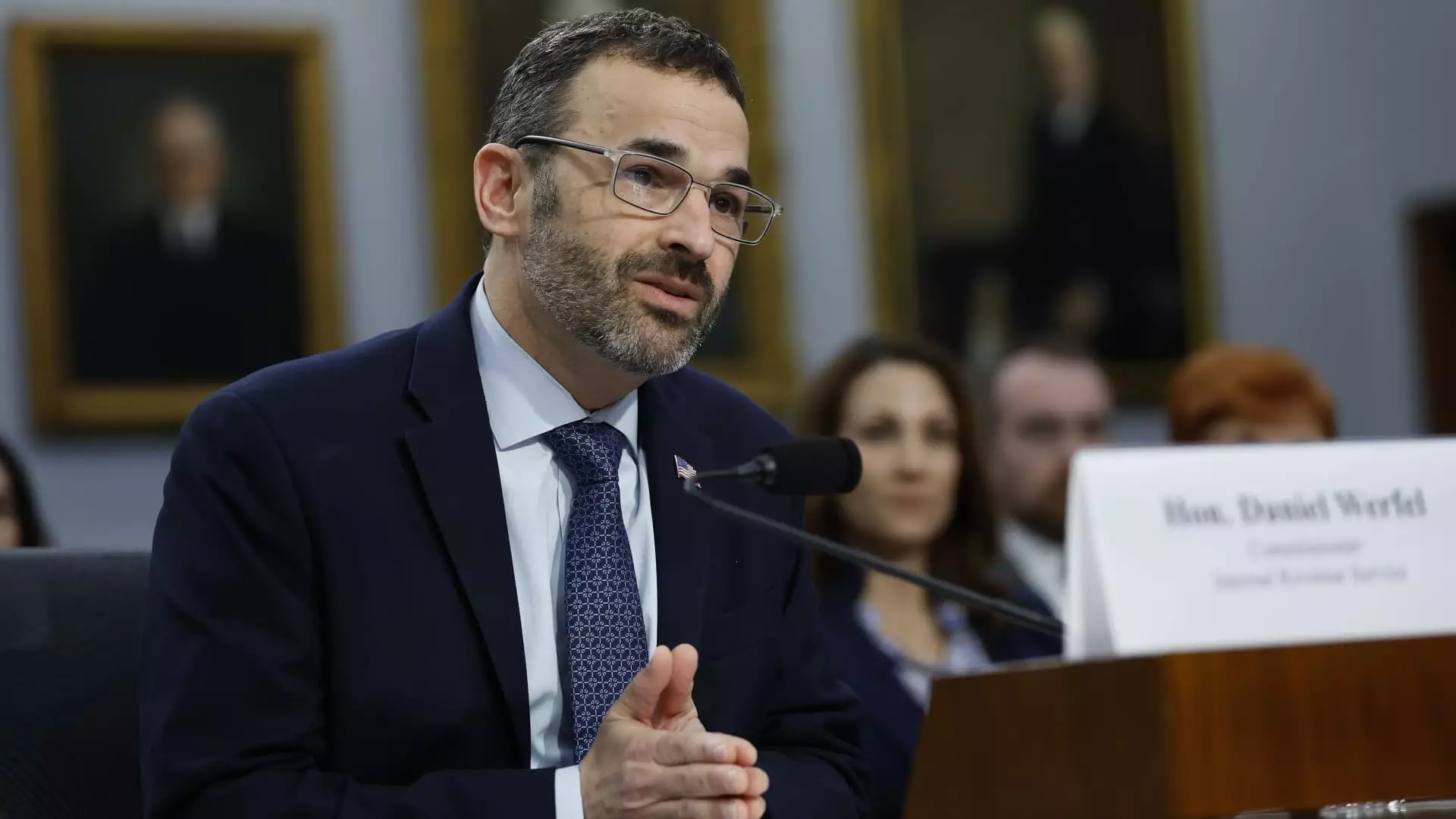The U.S. Department of the Treasury and the IRS have recently introduced a plan to eliminate a significant tax loophole that has been utilized by large, complex partnerships. This loophole, known as “related party basis shifting,” involves trading original purchase prices on assets between different legal entities to manipulate deductions and reduce future gains. The Treasury has estimated that closing this loophole could generate over $50 billion in tax revenue over the next decade. IRS Commissioner Danny Werfel has emphasized that these tax shelters enable wealthy taxpayers to evade paying their fair share.
Following a year of investigation into the basis-shifting issue, the agencies have declared their intention to issue new regulations to combat this practice. Additionally, they have released a revenue ruling addressing related-party partnership transactions involving basis shifting that lack “economic substance” for the involved parties or a “substantial business purpose.” These measures are part of broader efforts by the IRS to increase audits on the wealthiest taxpayers, as well as large corporations and complex partnerships. U.S. Secretary of the Treasury Janet Yellen has voiced her support for these initiatives, highlighting the goal of enhancing tax fairness and reducing the deficit.
Notably, pass-through business filings with assets exceeding $10 million have surged by 70% between 2010 and 2019. Despite this growth, the audit rate for these partnerships plummeted from 3.8% to 0.1% over the same period. This decline in oversight has contributed to an estimated annual tax gap of $160 billion, primarily attributable to the top 1% of tax filers. These findings underscore the importance of addressing tax evasion among high-income individuals and corporations.
The unveiling of new tax policy principles by President Joe Biden’s economic advisor, which emphasize sustained IRS funding, aligns with the Treasury and IRS’s efforts to close tax loopholes. White House National Economic Council advisor Lael Brainard has stressed the need for ultra-wealthy taxpayers to fulfill their tax obligations and adhere to the same rules as others. Maintaining the President’s proposed investment in the IRS is crucial to achieving greater tax compliance and equity. Despite this, IRS funding has faced criticism from Republicans following the approval of significant funding through the Inflation Reduction Act.
The collaborative actions of the U.S. Department of the Treasury, IRS, and the Biden administration signal a concerted effort to crack down on tax loopholes and ensure greater tax fairness. By implementing new regulations and prioritizing IRS funding, these entities aim to hold wealthy individuals and corporations accountable for their tax responsibilities, thereby reducing the deficit and promoting a more equitable tax system.

